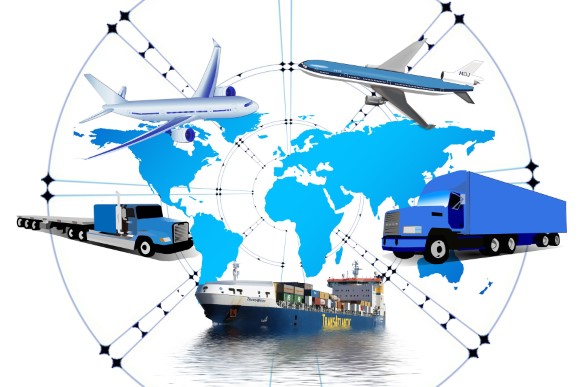What is a TMS system and what are its benefits in logistics?
In today’s dynamic logistics landscape, the implementation of advanced technologies has become imperative to optimize operations and stay ahead of the curve. In this…
On January 19, 2024

In today’s dynamic logistics landscape, the implementation of advanced technologies has become imperative to optimize operations and stay ahead of the curve. In this…
On January 19, 2024
In today’s dynamic logistics landscape, the implementation of advanced technologies has become imperative to optimize operations and stay ahead of the curve. In this context, TMS play a key role. FM Logistic – global logistics operator – specializing in warehousing and logistic services, has highlighted the importance of these systems to boost efficiency and visibility in the supply chain. In this post, we will explore in depth what a TMS system is and the key benefits it brings to logistics.
A Transport Management System (TMS) is a technology platform used to plan, execute and optimize a company’s transportation and logistics.
A transportation management system operates by efficiently coordinating logistics operations, from route planning and resource allocation to real-time tracking of shipments. It facilitates freight optimization, manages inventories, generates documentation and provides detailed analytics, enabling companies to improve efficiency and visibility into their transportation and logistics operations.
Route planning is an essential feature of transportation management systems in logistics, as these systems use advanced algorithms to create efficient itineraries. This involves considering factors such as distance, schedule constraints and customer preferences, ensuring the optimization of transportation operations.
In terms of cargo management, TMSs enable optimal distribution of goods on vehicles. By taking into account load capacities, legal restrictions and specific requirements, TMS systems help to maximize cargo capacity and reduce the costs associated with the transportation of goods.
Shipment tracking and monitoring is another outstanding feature, providing real-time visibility into the location and status of products in transit. This not only improves operational efficiency, but also enables companies to respond proactively to unforeseen events, optimizing the supply chain.
In document management, TMSs automate the generation of reports, invoices and other essential documents. This automation not only streamlines administrative processes, but also ensures accuracy and compliance, reducing errors and improving efficiency in logistics document management.

Choosing a Transportation Management System (TMS) offers several advantages, not the least of which is precise control of merchandise. With real-time tracking and integrated inventory management capabilities, a TMS gives companies complete visibility into the location and status of their products in transit, allowing for more effective control of the supply chain and the ability to proactively address issues.
Choosing a TMS translates into significant cost and shipment reductions. By optimizing routes, efficiently allocating resources and intelligently managing cargo, companies can minimize operational and logistics expenses. This not only positively impacts profitability, but also contributes to sustainable and efficient resource management.
Another reason to opt for a TMS is to obtain quality information. These systems provide detailed analysis and accurate data on logistics performance, enabling companies to make informed decisions. With real-time information on routes, delivery times and operational efficiency, organizations can continuously improve their processes and adapt to changing market demands.
How can we help you ?
Fill in the form